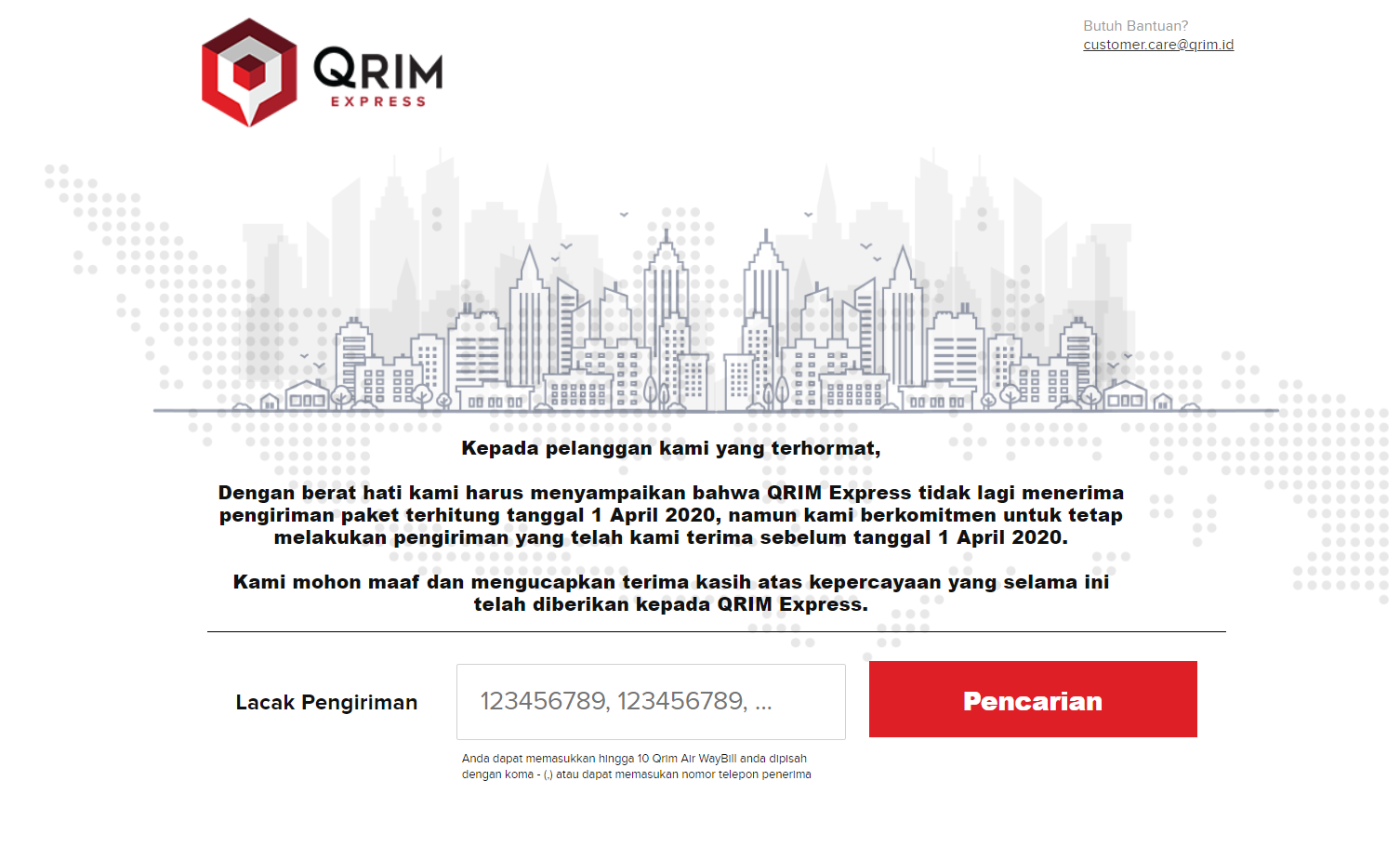List of Indonesian Startups that Collapsed in the First Half of 2020
Being across industries
The “successful” Covid-19 pandemic has devastated startups whose industries are in direct contact with them, such as tourism, offline retail, as well as other supporting industries that intersect.
The adaptation process must be done quickly in order to survive. Starting from reducing the number of employees, business pivot, and reducing the number of outlets (if a retail business) must be pursued. Employee reductions and business pivots began to color the day the quarantine was announced.
Especially for pivots, most of them switch to segments that are in high demand during the pandemic, such as turning into services trade for daily raw materials, health products, or daily food delivery orders. As for the reduction of employees, this condition does not only occur in startups whose businesses are still small in scale, of caliber unicorn not even escape from threat this.
The final reality is that it is out of business. This was the final and toughest decision taken after various rescue efforts had been made, but had failed to produce results.
So far, DailySocial noted that there were seven startups that had to close down in the first half of this year. Here's the list:
1. Eatsy Indonesia
This startup from Singapore is new present in Indonesia in November last year, but they officially closed on April 1, 2020.
Eatsy makes it easy to queue and order food at restaurants. In its home country, before the pandemic, this solution was claimed to have succeeded in increasing sales of restaurant partners up to 1,5 times. This success gave them the confidence to expand into Indonesia, after receiving initial funding from East Ventures.
In the official statement, the closure was taken due to the massive spread of Covid-19. As a result, more and more culinary business people are closing their businesses to reduce the spread of the virus.
2. QRIM Express
In the logistics sector, age QRIM Express It's also only the age of corn. They operated in the middle of last year and officially closed on April 1 2020.
QRIM Express, formerly known as Red Carpet Logistics (RCL), is a logistics company owned by Sumitomo and Lippo Group. They have the enthusiasm to penetrate the C2C segment, previously claiming to be strong in B2B and B2C.
They want to compete with logistics services last mile others, such as JNE, TIKI, GrabExpress, GoSend, Ninja Express, SiCepat, Paxel to meet the delivery needs of retail consumers or online entrepreneurs.
Talking about assets, it is claimed they have 54 hub spread across Java, Sumatra, Kalimantan, Bali and Sulawesi. There are 515 vehicles and 423 couriers involved. Their income was said to have reached above IDR 1,3 trillion at the beginning of last year.
3. Hooq
hooq officially closed on April 30, 2020, after five years of operation. The closure is not only for operations in Indonesia, but also in the Southeast Asia region.
The pandemic is one of the indirect triggering factors behind the closure of this service. They are considered to lack capital injection so they are unable to compete with their competitors, even though Hooq's shareholders are well-known media conglomerates, such as SingTel, Warner Media and Sony Pictures Television.
The OTT business itself requires a long journey to provide green financial reports. Southeast Asia is a unique battlefield for OTT businesses because of its various challenges.
4. Stoqo
This time it comes from a b2b platform that supplies raw materials to culinary businesses. Stoqo is officially closed towards the end of May 2020.
Before the pandemic, the prospects for this business were quite bright because business people did not need to bother supplying raw materials before the shop opened. The target users are culinary business people, from restaurants, cafes, catering, food stalls and beverage businesses.
After a year of operation, to be precise at the end of 2018, they managed to obtain Series A funding from Monk's Hill Partners and Accel Partners. Also had the opportunity to take part in the accelerated Alibaba eFounders Fellowship program in Hangzhou, China.
When the quarantine was enforced, the food business, especially restaurants, dropped drastically. This had an impact on Stoqo's business which continued to be hit, so the decision to go out of business was taken.
5. Airy
This startup is official permanently closed after five years of operation on May 31 2020. This news is quite regrettable, but it can be considered the most rational decision taken by management.
Before taking this decision, the company claims to have taken various measures to ensure the company remains afloat. The unpredictable pandemic situation ultimately led to the closure of Airy.
This startup, which is affiliated with Traveloka, is claimed to have 30 thousand rooms spread across 100 cities. The service not only rents out budget rooms, but also plane tickets, trains and booking services for corporates.
6. Wowbid

Wowbid only started operating at the beginning of last year, offering the concept marketplace auction live guided host. Exactly on June 30 2020, they closed because sales plummeted.
Wowbid sells tertiary goods, while today's society mostly allocates funds for shopping for basic needs and health. Before the pandemic, they claimed to have 720 thousand registered users, with 180 thousand of them being monthly active users. In fact, they have pocketed pre-Series A funding of $5 million from PT Envy.
Before officially closing, the company had made a number of considerations, for example closing temporarily and operating again after the pandemic. This idea was abandoned, due to getting into position top five marketplaces in Indonesia it could be said to be difficult. Wowbid customers have an intersection with customers of other well-known e-commerce platforms.
7. Free internet
Freeenternet is a startup based free internet connection provider mobile wifi. This startup was only released at the beginning of this year, but decided to close as of June 30 2020 yesterday.
The concept offered is actually interesting, because they act as an internet access provider (IAP), not an internet service provider (ISP). For monetization sources, Freeenternet uses advertising.
Quoted from Gizmology, it could be that due to the influence of the pandemic, company advertising budget expenditures must be reduced as efficiently as possible. This has an impact on Freenternet's business. With a user base that can be said to not be large, it is not easy to offer advertising to clients.
Sign up for our
newsletter
 Premium
Premium






